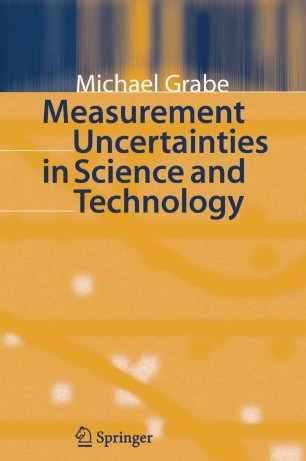
Measurement Uncertainties in Science and Technology
Publication year: 2005
ISBN: 978-3-540-27319-6
Internet Resource: Please Login to download book
At the turn of the 19th century, Carl Friedrich Gauß founded error calculus by predicting the then unknown position of the planet Ceres. Ever since, error calculus has occupied a place at the heart of science. In this book, Grabe illustrates the breakdown of traditional error calculus in the face of modern measurement techniques. Revising Gauß’ error calculus ab initio, he treats random and unknown systematic errors on an equal footing from the outset. Furthermore, Grabe also proposes what may be called well defined measuring conditions, a prerequisite for defining confidence intervals that are consistent with basic statistical concepts. The resulting measurement uncertainties are as robust and reliable as required by modern-day science, engineering and technology.
Subject: Physics and Astronomy, Gaussian error calculus, Method of least squares, Normal, Statistical interferences, Systematic errors, distribution, metrology